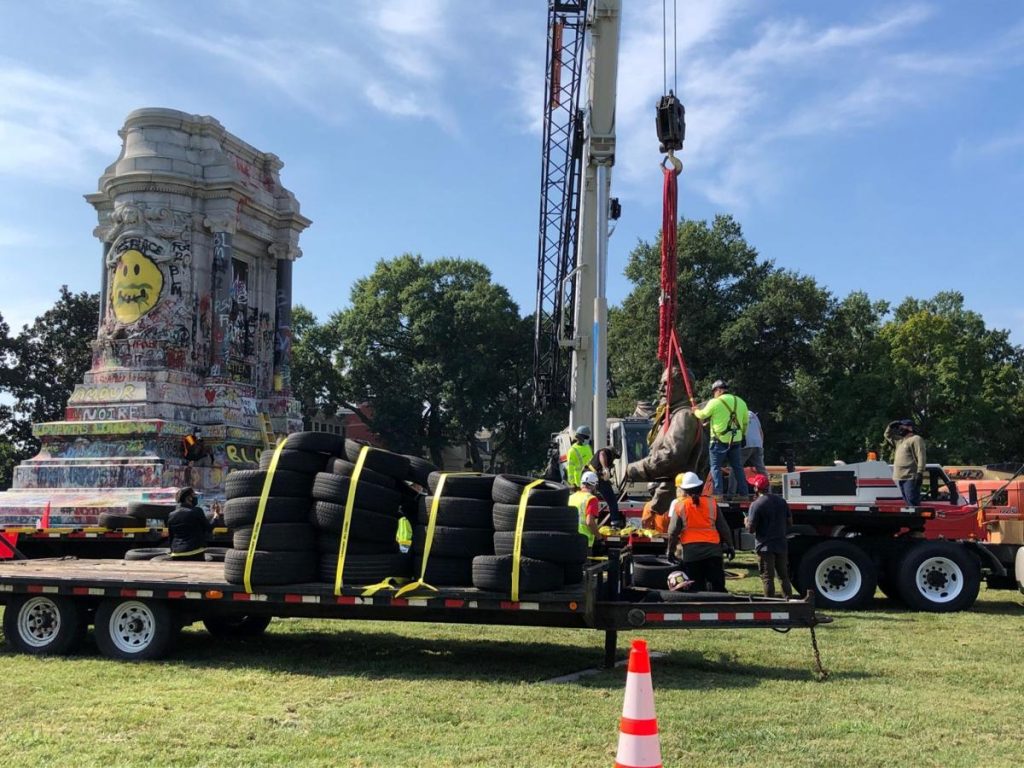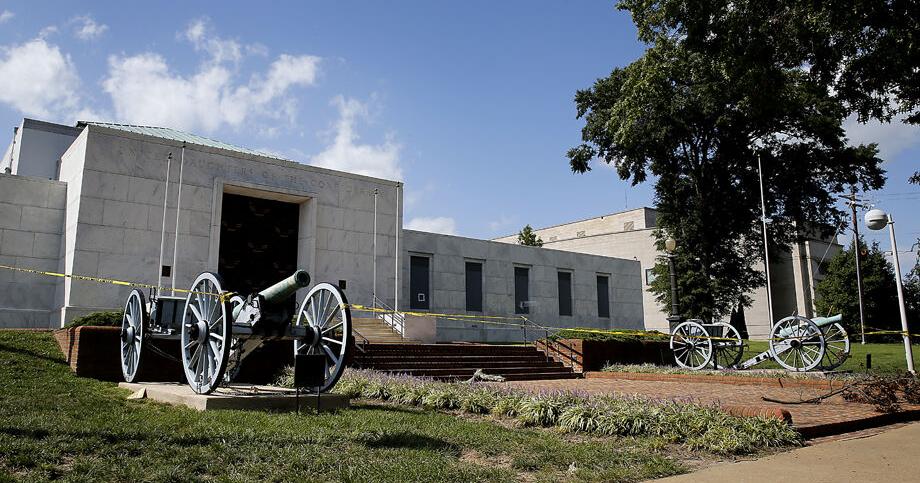Virginia Tax Breaks at Risk for United Daughters of the Confederacy
Legislation poised to terminate tax benefits for the United Daughters of the Confederacy (UDC) in Virginia has passed the Democratic-led House of Delegates, sparking discussions around historical legacies and state-sponsored subsidies.
The bills, which have received mostly party-line support, aim to eliminate both recordation and property tax exemptions for the UDC, a group known for its involvement in erecting Confederate monuments.
The legislative journey has been marked by minimal debate and criticism from those opposing what they perceive as discriminatory measures. Supporters argue that the tax benefits have amounted to state-sponsored subsidies for Confederate monuments and are incongruent with 21st-century values.
Historically, the UDC has played a role in spreading the Lost Cause ideology, downplaying slavery’s role in the Civil War, and erecting Confederate monuments around the United States. Critics contend that these monuments perpetuate historical inaccuracies and instill fear in marginalized groups.
However, opponents of the legislation argue that it unfairly targets the UDC, emphasizing the organization’s charitable contributions to causes like the Wounded Warriors Project and homeless veterans organizations.
The UDC, founded in 1894, represents female descendants of Confederate military members or those who provided “Material Aid to the Cause.” While denouncing white supremacy, the organization believes Confederate monuments are part of shared American history and should remain in place.

The tax benefits in question support the UDC’s charitable endeavors, and the organization views the legislation as an unjust punishment for its existence.
The legislative impact extends beyond the UDC, affecting two other groups associated with the Confederacy: the Stonewall Jackson Memorial, Incorporated, and the Confederate Memorial Literary Society. The proposed legislation seeks to end property tax-exempt designations for these organizations, raising questions about the broader impact on historical preservation groups.
Virginia’s evolving stance on Confederate monuments is crucial context. Since a 2020 law granted local governments control over the fate of these monuments, many have been removed. While Governor Youngkin did not actively seek to restore removed monuments, he has expressed a preference for relocating them to museums or battlefields.
As the bills await Governor Youngkin’s consideration, his office indicates that he will review any legislation that comes to his desk. The governor, who did not strongly oppose the removal of a Confederate statue during his 2021 campaign, advocates for placing removed monuments in museums or battlefields.
Related News:
- Breaking News: TSMC Makes Historic Move with First Plant Opening in Japan
- Breaking News: Fourth Suspect Nabbed in Watervliet Shooting Case!
- 3 Hurt in San Francisco Crash on Southbound I-280
The initiative to end the UDC’s tax benefits traces back to a teenager’s efforts in 2022, gaining momentum and reaching Delegate Don Scott, now the Speaker of the House of Delegates. Previous attempts to repeal these benefits faced challenges, including being left in committee when the House was under Republican control.

